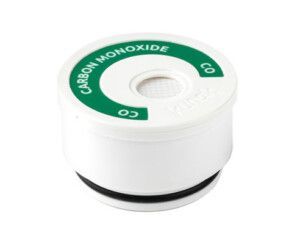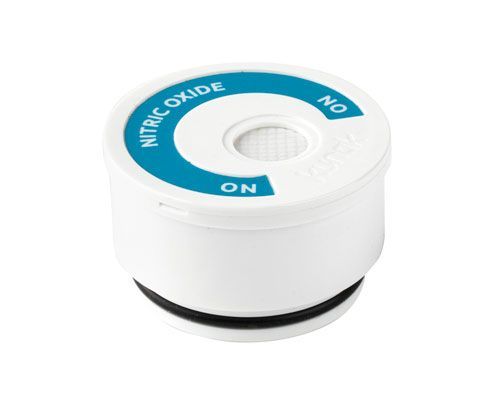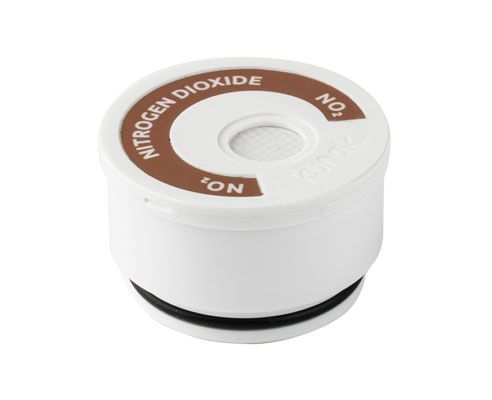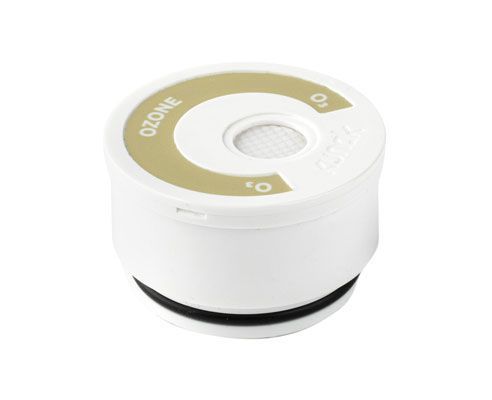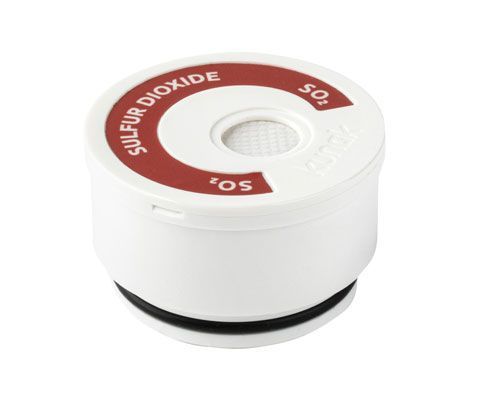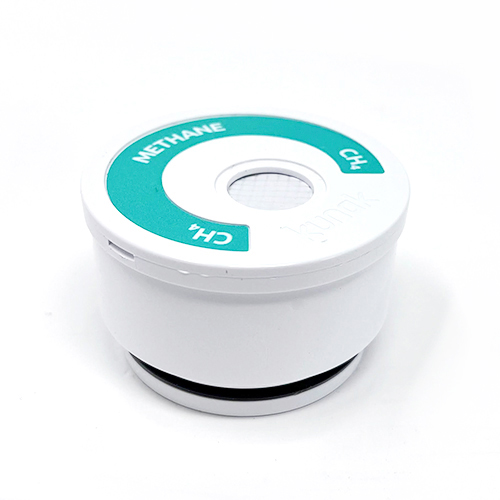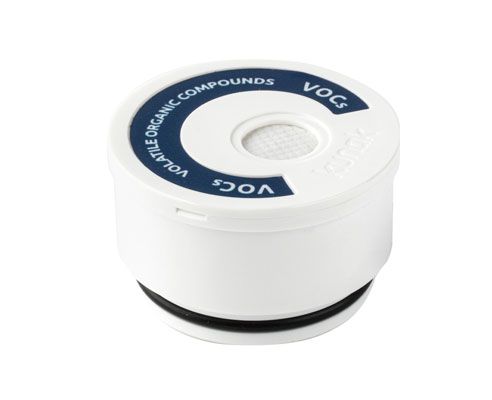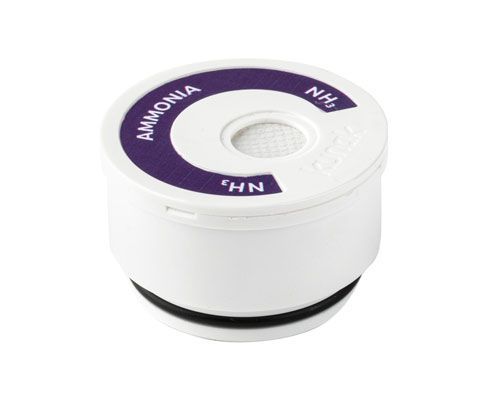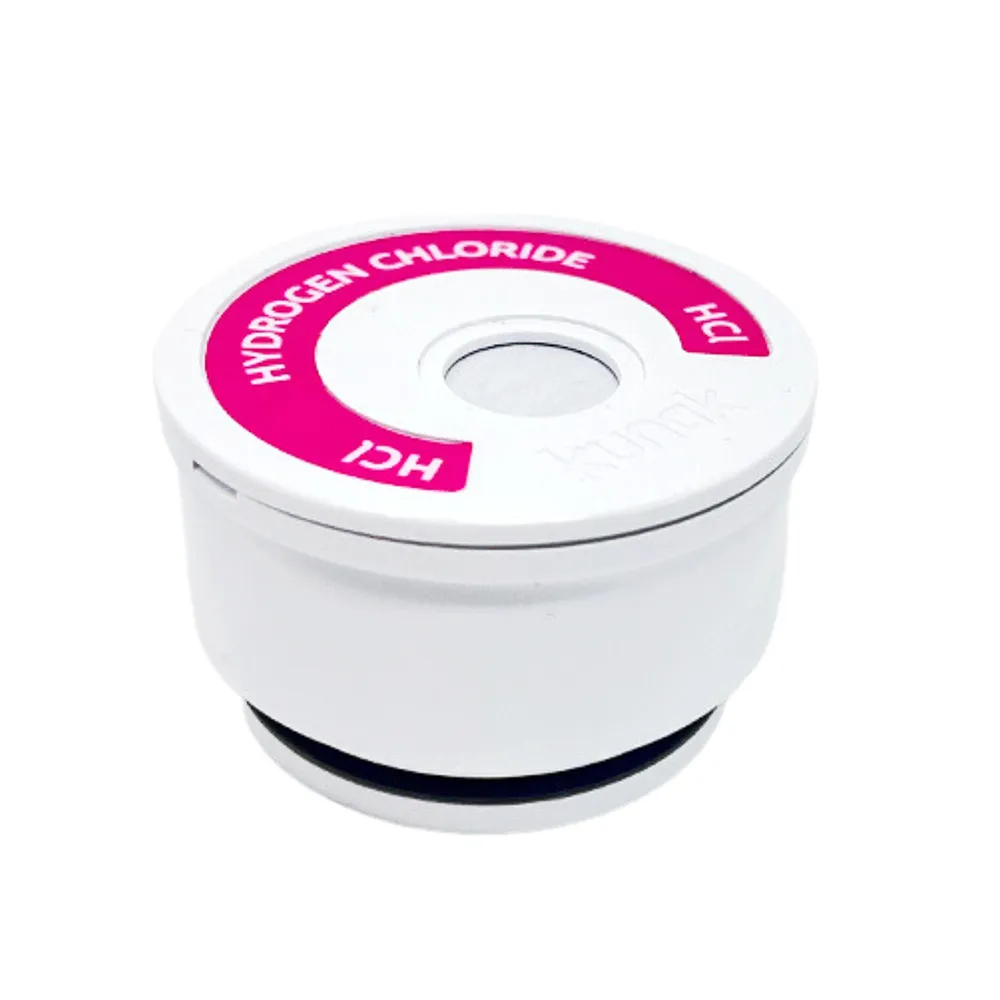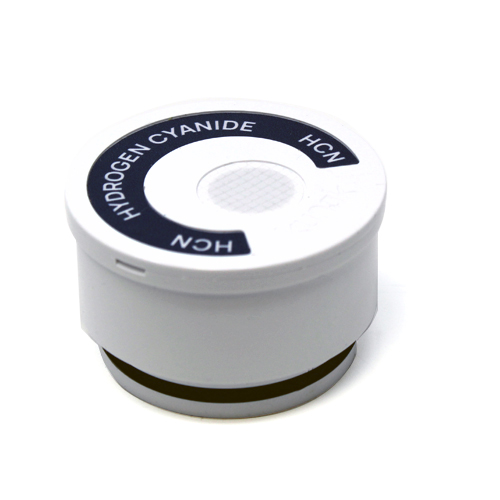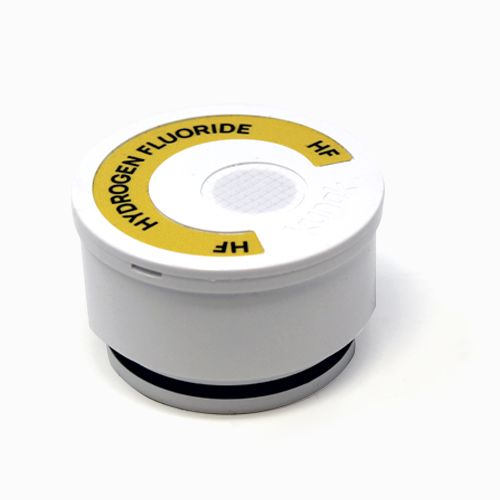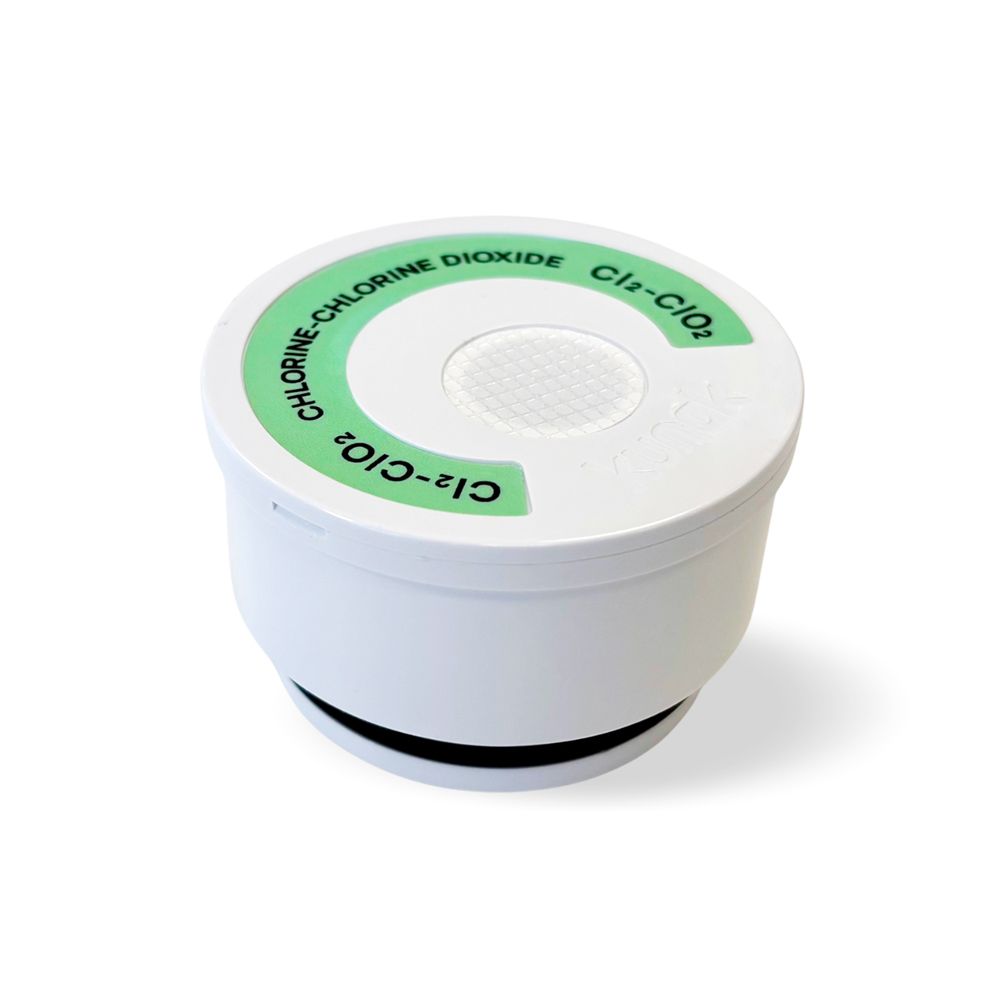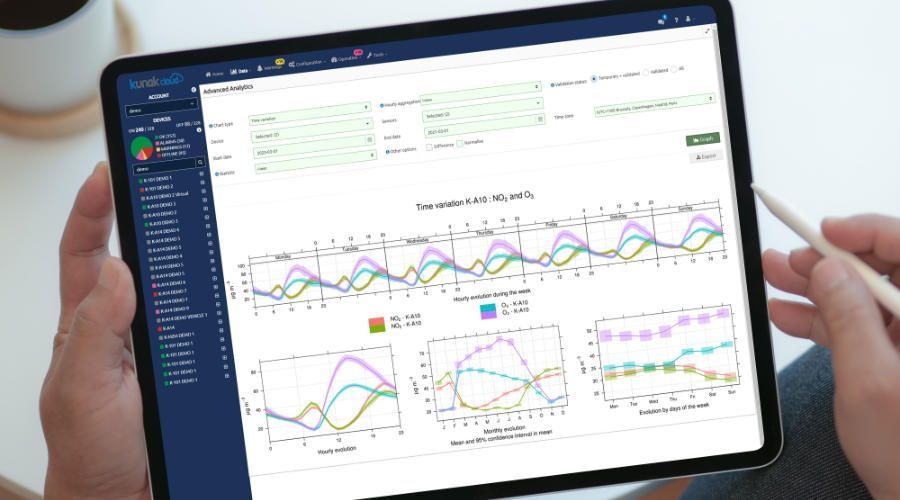Smart cartridges
Air pollution sensor
Measure the pollutants you need in your environmental project
MULTIPLE COMBINATIONS | MORE SUSTAINABLE
Tell us about your project needs.
We have the most complete range of pollutants.

Product information
20+ cartridges
tailored for every project need
Our Kunak AIR stations revolutionise the way air pollution levels are measured.
You no longer have to send your network stations back to the factory every time your environmental project needs to change.
-
- Order the new cartridges you need.
- Take out the old ones and put in the new ones.
- Start measuring almost instantly.
See how easy it is:
Unlike other monitoring systems available on the market, with the cartridge technology you get:
Near-reference data
Accurate real-time pollutant value without the need for external instruments or reference data.
Traceable QC & QA
Each cartridge is calibrated and validated individually in lab against traceable reference standards.
Low intra-variability
Consistent readings across all equipment and locations, correcting implicit sensor variability.
Endless combinations
Combine your cartridges according to your needs in just 2 minutes.
Say hello to a revolutionary gas sensor that fits in the palm of your hand.
Quality guaranteed. All our sensors are factory calibrated and tested and include their calibration certificate.
Benefits
Assured quality
Guaranteed measurement control throughout the entire life cycle of each sensor.
Accurate data
Individual calibration and validation of each cartridge in the laboratory with traceable reference standards.
Target pollutants
Multiple combinations for measurement of different parameters.
Patented design
Quick and easy insertion and removal of cartridges thanks to GasPlug technology.
More sustainable
Components can be removed, replaced and reused due to modular design.
Multiple uses
The wide variety of cartridges makes it possible to use them in a wide range of applications.
GasPlug technology (Patented)
A key aspect of this innovation is our patented smart gas cartridge system, (Spanish patent ES28855799B2 ‘Equipment for measuring gases and environmental parameters’ and applied for extension to Europe, USA, Australia, Japan, India, China, South Korea and Brazil).
The revolutionary cartridge system, designed by Kunak engineers, allows the replacement of the pollutants at the customer’s convenience.
All cartridges share the same form factor and can be inserted into any available slot. Each cartridge integrates a sensor mounted on a PCB that stores all relevant data, including type, age, and factory calibration.
So when you insert a new cartridge, the system reads the information, automatically configures itself and starts sending data almost immediately.
You no longer need to send your instruments back to the factory for calibration.
Select the pollutants you need to measure. If project characteristics change, order the new cartridges you need. When you receive them, simply pull out the old cartridge and insert the new one.
Quick and easy.
Insert the new cartridge and start measuring.

Range of pollutants
CO
Carbon monoxide
NO
Nitric oxide
NO2
Nitrogen dioxide
O3
Ozone
SO2
Sulphur dioxide
H2S
Hydrogen sulfide
CO2
Carbon dioxide
CH4
Methane
VOC
Volatile organic compounds
NMHC
Non-methane hydrocarbons
NH3
Ammonia
HCl
Hydrogen chloride
HCN
Hydrogen cyanide
HF
Hydrogen fluoride
Cl2 - ClO2
Chlorine – Chlorine dioxide
O2
Oxygen
PM
Particulate matter sensor
UFP
Ultrafine particle sensor
What we do different
QC/QA manufacturing process and Standard Operation Procedure
QC/QA manufacturing process (Factory)
- Sensor selection: Best-in-class sensor selection among all OEM sensors.
- Characterisation: Each sensor is characterized across the full range of temperature and humidity in the laboratory. Once characterized, specific Kunak onboard algorithm [<>] is applied to each sensor independently to correct the influence of environmental conditions.
- Calibration: Kunak calibration against reference standards.
- Validation: Field sensor validation.
–> Kunak calibration certificate
Standard Operation Procedure (Field)
- Field deployment: initial verification and/or calibration/correction if required.
- Operation and maintenance: Kunak AIR Cloud allows to perform remote network operation & maintenance. A calibration tool is available to calibrate or correct the cartridges remotely following the Kunak SOP guidelines.
- Cartridge replacement: once the sensor reaches its end of life, cartridges are returned to Kunak and the electronics are recycled to build new cartridges.
Kunak onboard algorithm [<>]
Kunak embedded algorithm calculates the concentrations in ppb or μg/m3 locally and in real-time, not requiring any external reference data to calculate gas or particle concentrations.
Kunak algorithm corrects the interferences and artifacts typically found in raw data, compensating environmental effects like temperature, humidity, and pressure (depending on the cartridge), as well as cross-sensitivities using onboard data. Hence, Kunak algorithm compensates and mitigates all the effects derived from the different ambient conditions that the sensors will be exposed to.
Processing Level (*) of Kunak AIR stations 2A: gas concentration in μg/m3 or ppb, derived from onboard sensors, corrected for interferences based on the measurement principle and/or T/RH effects using onboard data.
(*) Schneider, et al., (2019). Toward a unified terminology of processing levels for low-cost air-quality sensors.
Standard Operation Procedure (SOP) guidelines
How Kunak AIR stations can be calibrated or corrected?
Due to the high complexity and variability among different applications, Kunak offers the possibility to either calibrate or correct the sensor drift and even combine both options to get the most reliable data with the highest accuracy.
Below are defined the processes to maintain maximum sensor accuracy:
- Calibration: The calibration consists of adjusting the sensor response based on the relation between a reference concentration value and the concentration measured by the sensor itself, obtaining an exact uncertainity of the sensors. Kunak AIR stations offer performance levels close to reference standards, providing reliable, accurate data according to Class 1 of the European CEN/TS 17660 and traceable data to international recognised standards (European Directive 2008/50/EC and USEPA 40 CFR Part 53).
- Correction: The correction consists of adjusting the sensor response withouth using any external reference data. The correction reduces the error, mitigating the drift of the sensor, however, it does not allow to calculate the exact measurement uncertainity.
Kunak Calibration & Verification
There are two types of calibration for cartridges, which can be used as verification steps as well:
A1. Calibration through co-location with reference station: calibrate the Kunak AIR station against data provided by reference instruments.
Gas cartridges: only two points are required, baseline and span (sensitivity) calibration.
Particle sensor: apply a calibration factor calculated using reference data.
A2. Certified calibration gas cylinder (ISO 6141, NIST) connected through gashood (only in gas cartridges): calibration using a gas cylinder and a gashood (see Gashood Accessory) connected to the Kunak AIR station similar as calibration protocol for reference instruments. Only two points are required: baseline and span (sensitivity).
Kunak correction
If reference data is not available, Kunak offers the possibility to mitigate the drift in the cartridges by conducting:
B1. Baseline correction without reference (only in gas cartridges): select a background level to correct the baseline based on historical data.
B2. Automatic Baseline Correction (ABC): only in CO2 and CH4 cartridges. When the cartridge detects a difference between the environmental gas background and the known CH4 and CO2 actual background, a self correction is is initiated, adjusting the cartridge parameters to align the known background concentration.
B3. MCERTS certification (only particulate matter sensor): the Kunak AIR Pro PM sensor got the MCERTS certification for Indicative Ambient Particulate Monitors. All PM sensors are delivered with the PM factors obtained in the MCERTS certification.
Frequently asked questions
Are Kunak devices ATEX certified?
Kunak devices are designed for the perimetric monitoring of diffuse emissions or leak detection in areas not classified as ATEX.
They can be adapted to operate in explosive-risk environments, complying with ATEX Zone 1 requirements, provided the system is properly configured.
How often are the cartridges replaced and software renewed?
The lifespan of each cartridge depends on the sensor type and environmental conditions, typically ranging from 12 to 36 months. More details can be found in the catalogue.
Kunak Cloud services are renewed annually to maintain updated analysis, calibration, and data traceability.
Is the device portable or fixed?
Kunak devices can be installed on lamp posts, walls, masts, or tripods.
Thanks to their lightweight and modular design, they can be easily relocated by detaching the base and reattaching it elsewhere.
How often should the device be calibrated?
Sensors are factory-calibrated and supplied with an official calibration certificate.
To maintain accuracy, a remote calibration or adjustment is recommended every three months or after relocation or seasonal changes.
What calibration options are available?
Calibration can be performed through:
- co-location with a reference station,
- gas hood calibration with standard gas cylinders, or
- remote adjustment using historical data.
The method depends on the project requirements and available budget.
Can data be obtained locally (Modbus)?
Yes. All Kunak devices include Modbus RTU RSxx protocol, allowing local data transmission and reading without relying on internet connectivity.
How does the device communicate?
The system transmits data via cellular (4G/3G), Ethernet, Wi-Fi, or Modbus, adapting to the available network infrastructure at each site.
What is the battery life?
Devices include an internal backup battery providing between 3 and 30 days of autonomy, depending on the configuration and active sensors.
At what height should the device be installed?
Installation is recommended at a height of 3–4 metres above ground to ensure representative measurements and prevent interference or vandalism.
Does the device have internal memory?
Yes. It features high-speed internal memory capable of storing data for up to 15 days without an internet connection, ensuring data continuity.
Can meteorological probes be connected?
Yes. Kunak AIR Pro supports up to 6 meteorological probes, and Kunak AIR Lite up to 2, depending on the model.
This allows correlation between environmental variables and pollutant concentrations.
Can it be installed on a vehicle or drone for mobile monitoring?
Yes, provided the speed does not exceed 20 km/h. This ensures measurement stability and accurate environmental data capture.
Does this technology have certifications?
Sensor-based devices are not governed by a single certification.
Kunak continuously validates its devices in the field alongside independent bodies.
These tests ensure that the data complies with the European Air Quality Directive and US EPA standards.
Is the Kunak AIR Cloud platform mandatory?
Yes. Kunak AIR Cloud is essential for temperature and humidity compensation, remote maintenance, auto-diagnostics, baseline correction, data validation, and ensuring data traceability.
Can the devices be used indoors?
Yes. The devices can be used in industrial, agricultural, or logistics environments, providing accurate pollutant control even indoors.
What is the difference between the AIR Pro and AIR Lite particle sensors?
- Kunak AIR Pro: 24-channel, MCERTS-certified sensor that measures fine and coarse particles (PM1, PM2.5, PM10) with indicative measurement quality.
- Kunak AIR Lite: 5-channel, non-MCERTS sensor specialised in detecting fine particles.
How are the data integrated with third-party platforms?
Data can be automatically integrated via REST API, Modbus, or FTP, facilitating connection with external environmental or industrial management systems.
What is the difference between calibration and correction?
- Calibration adjusts the sensor’s response against a traceable reference (reference station or certified gas) to determine uncertainty.
- Correction modifies the sensor’s response without an external reference to reduce error or drift but doesn’t quantify uncertainty.
In summary, calibration uses an external reference, while correction is an internal adjustment to maintain sensor reliability. More information on page 35 of the catalogue.
